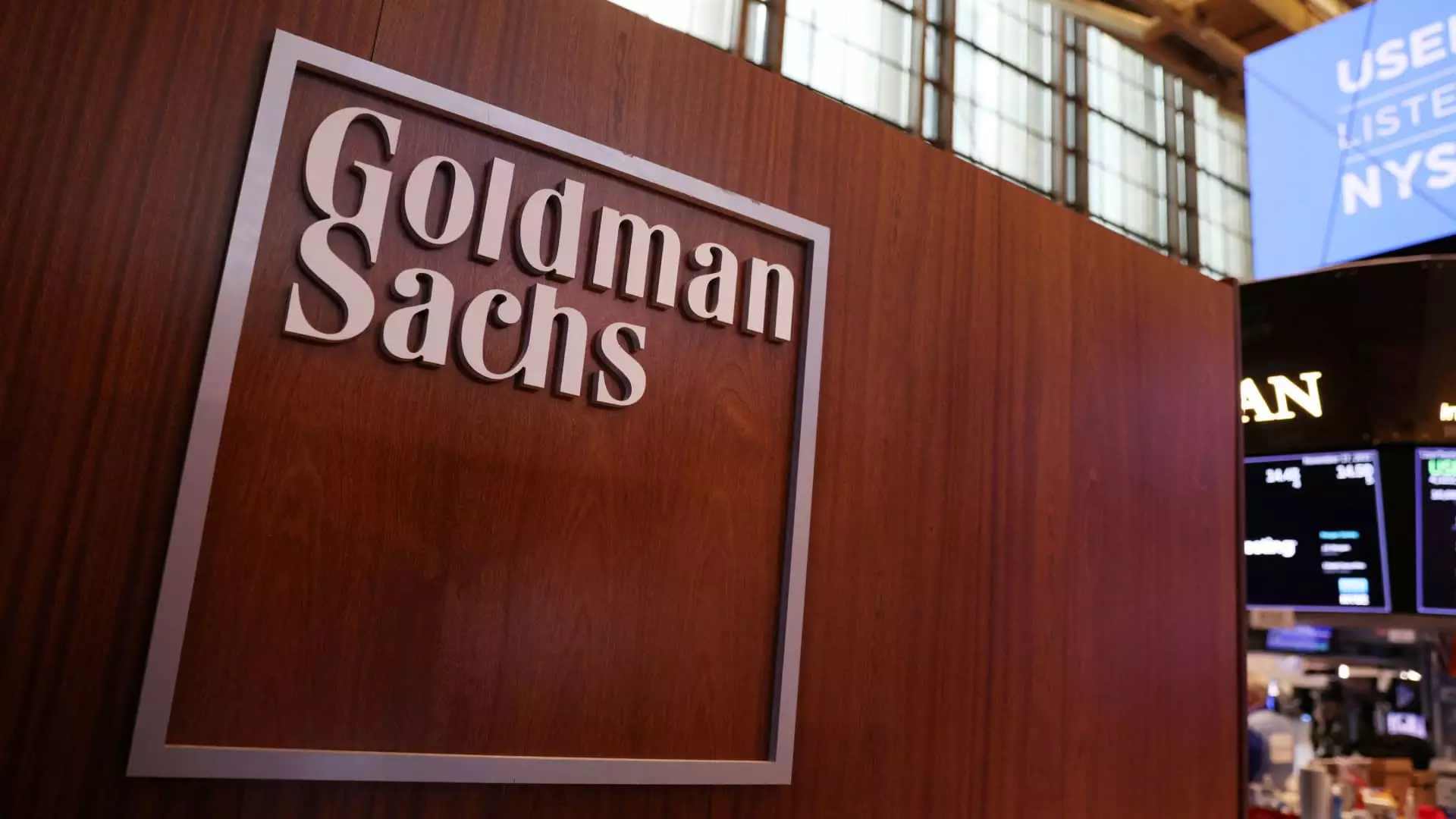In the relentless pursuit of technological supremacy, corporations like Goldman Sachs are heralding AI as the transformative force that will redefine the very fabric of work. They tout the arrival of “Devin,” an autonomous software engineer, as a watershed moment that promises to exponentially boost productivity. But beneath these grand announcements lies a troubling undercurrent: a calculated narrative that oversimplifies the profound societal implications of automating complex human roles. The seductive lure of efficiency can obscure the underlying risks—namely, the erosion of meaningful employment and the dehumanization of industries built around human ingenuity.
The discourse surrounding Devin’s deployment reveals a glossed-over truth: AI’s capacity to replace not just routine tasks but entire roles traditionally performed by skilled professionals. This is less an evolution of work and more a potential displacement of human agency in pursuit of corporate profits. Goldman Sachs’ vision of a “hybrid workforce” sounds promising on paper—human engineers collaborating alongside AI—but in reality, it often serves as a guise for layoffs and the dilution of worker influence. The claim that AI can handle “multi-step jobs” and “build entire apps” might excite technologists, yet it risks veiling the deeper societal damage—mass unemployment and the hollowing out of craftsmanship as workplaces become software factories.
The Rise of Automation and Its Discontents
It’s undeniable that AI, especially in its more advanced forms, paves the way for unprecedented efficiency gains. Tech giants like Microsoft and Alphabet boasting that AI now generates up to 30-50% of their code signals a shift towards automation that many see as inevitable—yet it raises urgent questions about the human cost. The narrative that AI will augment, rather than replace, jobs tends to ignore the reality that automation historically leads to job losses, especially in sectors and roles where routine and programmable tasks dominate.
Goldman Sachs’ acquisition of Devin exemplifies this broader trend, signaling a future where human developers aren’t the primary creators but supervisors of autonomous agents. While this sounds promising, it ultimately diminishes the skill set and value of human workers—transforming them into overseers rather than creators. What’s particularly alarming is the suggestion that AI could handle tasks categorized as “drudgery,” which speaks to a broader societal shift: the devaluation of work that requires nuance, judgment, and human touch. The real question is whether this shift will result in a more equitable distribution of prosperity or simply widen the gap between the few who control these technologies and the many who are displaced by them.
Power, Profit, and the Illusory Promise of Innovation
Cognition, the startup behind Devin, with its sky-high valuation and elite backing, epitomizes the way corporate interests fuel an ideology of progress that often prioritizes profit over people. The allure of doubling a company’s valuation or automating thousands of jobs is used to justify investments in AI that may, in practice, lead to significant societal upheaval. The narrative of AI as a tool for “efficiency” conveniently sidesteps the uncomfortable reality: that automation’s true goal is often cost-cutting.
Far from being an egalitarian force, this AI revolution is more likely to concentrate wealth and power in a select few—those who own the algorithms and hardware. Meanwhile, workers are left to grapple with a future of uncertainty characterized by job insecurity and diminished bargaining power. This economic disparity fosters a precarious social landscape where technological progress becomes a tool for elite enrichment rather than societal betterment.
Center-Left Concerns: Balancing Innovation with Humanity
From a center-wing liberal perspective, the rush towards automation should be met with cautious skepticism. While recognizing the potential for increased productivity and innovation, we must also advocate for policies that safeguard workers and prioritize human dignity. The promise of a “hybrid workforce” is alluring, yet it risks serving as a veneer for deeper systemic inequalities unless accompanied by comprehensive protections, retraining programs, and social safety nets.
The narrative that AI will free humans from menial tasks overlooks the importance of meaningful work in fostering personal fulfillment and societal cohesion. Instead of rushing headlong into automation at the expense of jobs, policymakers and corporations should focus on creating a future where technological advances serve the common good. This means aligning corporate interests with social justice—ensuring that technological progress elevates, rather than marginalizes, the human experience.
The AI revolution is happening fast, but it must not be allowed to steer us towards a dystopian future dominated by corporate interests. Critical oversight, democratic control, and an unwavering commitment to social equity are essential if we want technology to serve humanity—not the other way around. As we stand on this precipice, it’s imperative to question not just what AI can do, but what it should do for society at large.



Leave a Reply